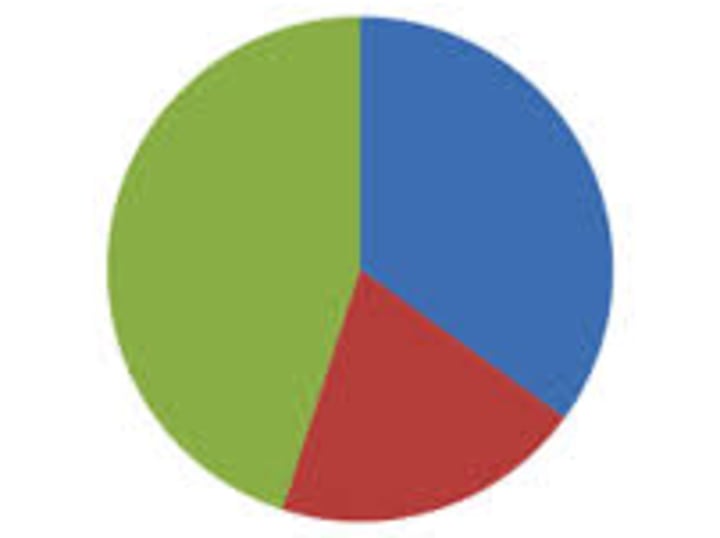balance me out
eating a balanced diet VEGAN FRIENDLY

Have you ever scrolled through Instagram or Pinterest, a long list of healthy happy images, people on holiday, smiling on beaches, or drinking herbal teas watching the sunrise. Have you ever felt stuck in a food rut? Are you wanting to change, but not knowing where to start?
Well you are in the right place. After being exactly where you are now, I started to do some research. I wrote it all down and put it into action, from so many websites and videos. I've compiled it all for you so you can easily access the secret to a healthy balanced diet.
Why? because diet effects everything; your mood, your sleeping habits, your mental health. Your journey with food is not just about taste or the health of your body, but about the journey of your mentality, your quality of life. Like a flower blossoming to the sun, changing your habits will change you.
This article focuses only on balanced eating, and I am looking forward to writing more about my nutrition discoveries in the future.
So what are the basics?
1. Your body needs a certain amount of calories every day in order to operate successfully. This will be determined by factors like your age, gender, and weight.
2. Your calorie intake for each day is broken down into percentages. Each percentage corresponds to a different food group.
3. If you eat a variety of foods within a food group, and use the percentages for your recommended calorie intake, you will have a healthy balanced diet.
In short, men need an average of 2,500 calories a day and women need to consume an average of 2,000 calories a day. However this number varies slightly on effecting factors. You will need to go online and search for a 'recommended calorie intake calculator' and use it to work out how many calories you should be consuming. If you can not find one, then search 'recommended calorie intake' to find information that best describes you, such as specified age, weight, gender, and medical needs. Be sure to use a medically reliable source of information.
There are three main food groups that make up your 100% of calories. They are Carbohydrates, Protein and fats.
Carbohydrates= 50% of your calorie intake
Protein = 20% of your calorie intake
Fats= 30% of your calorie intake
So half of your plate should be carbohydrates and the other half should be divided between fats and proteins. If you are more visual like myself, this can be done by eye, but for accurate results measurement details can be used.
Here you can see a rough representation of the divided plate:

Once you have calculated your recommended calorie intake, divide it between percentages. For example:
2,000 (my 100% calorie intake) x 30% (my fat intake percentage)
= 600 (calories of fat per day)
When you have your calculations divide your amounts between meals. For example:
(2,000 calories a day)
1 of 3 meals per day - 200 calories of fat, 133.3 calories of protein, 333.3 calories of carbohydrates
Now you have to split them into measurements to be used to divide up food.
1 gram of carbohydrates=4 calories
1 gram of protein = 4 calories
1 gram of fats= 9 calories
So 133.3 calories of protein for one meal divided by 4 = the grams of protein you need, which = 33.3 grams
To use this measurement method to get more accurate results, simply do the math then measure your food. This helps with meal planning.
So now you have the basics of how to balance out a meal, but what do you actually eat? Here is a list of healthy foods that are part of the food groups and contribute to a healthy diet. Make sure you consume a variety of foods.
CARBOHYDRATES (50%):
oats, pulses and whole grains, fresh fruit and vegetables, potatoes, beans and legumes, seeds
PROTEIN (20%):
lentils, beans and legumes, chia seeds,hemp seeds, edemame,green peas, almonds, quinoa
FATS (30%):
avocados, dark chocolate, nuts, seeds, oil, olives
This is on a vegan diet. If you eat dairy that will mainly contribute to fats, and if you eat meat, fish and eggs that will contribute to protein. It is completely possible to maintain healthy balanced diet whether vegan, vegetarian, pescetarian, or meat eater. Make sure you find the least processed, most organic foods, and eat variety.
I am not medically trained and this information should not be used to lose weight only to improve health. All my information is taken from online sources and compiled for your benefit.





Comments
There are no comments for this story
Be the first to respond and start the conversation.